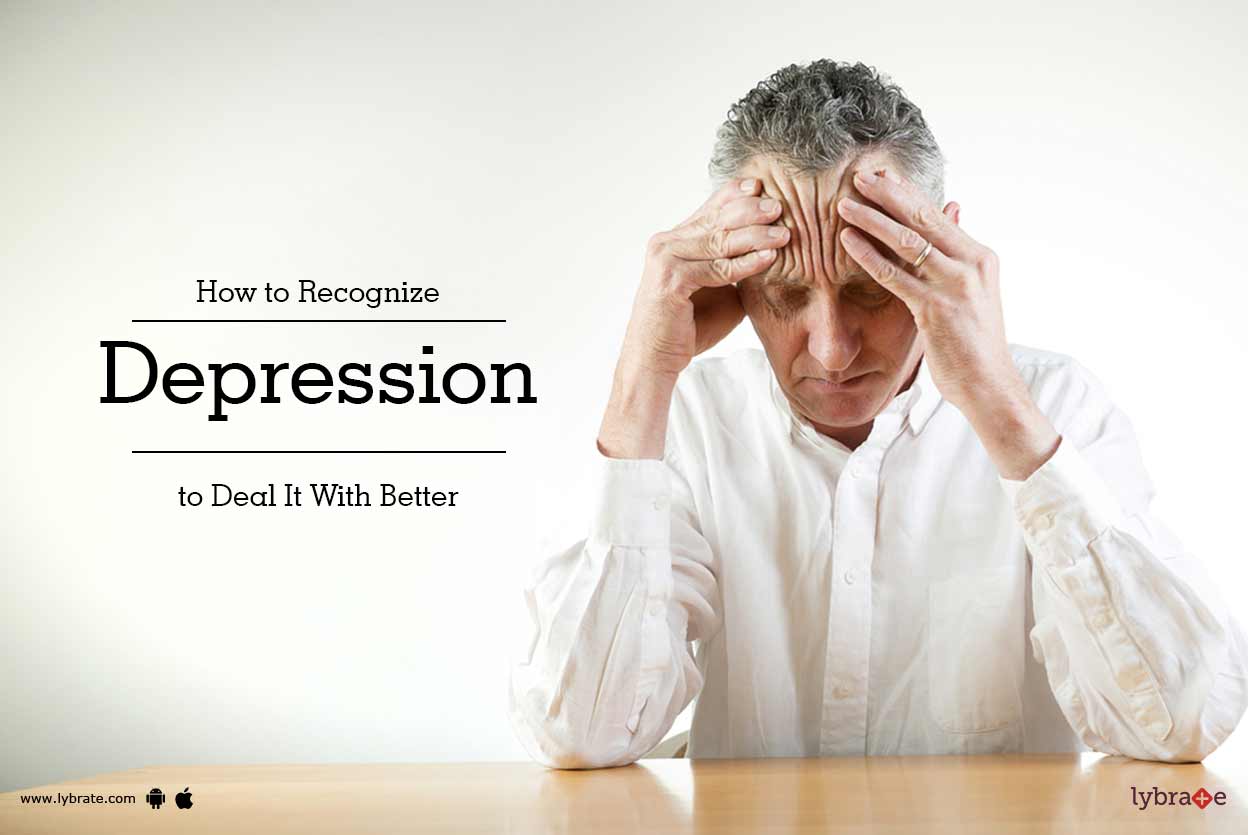Get the App
For Doctors
Login/Sign-up
Last Updated: Oct 23, 2019
BookMark
Report
How to Recognize Depression to Deal It With Better
Ms. Mansi SattikarPsychologist • 20 Years Exp.MA In Clinical Psychology, PGDCP , Certified NLP Practioner, CERTIFICATION IN BACH FLOWER REMEDIES OF ENGLAND
Depression takes the joy out of all your activities, and can make merely getting through a day feel overwhelming. It is very common to be upset for some time and most people recover from this feeling and start smiling again in a short span of time. But, if you or any of your loved ones are almost always very sad and this spirit is affecting your daily life considerably, then chances are you might be undergoing a phase of depression.
To tackle it, it is important to understand and know you are depressed. Awareness is crucial to deal with the condition:
- Sudden variation in weight or appetite: If you suddenly find that you've lost or gained a significant amount of weight without any substantial reason, then chances are high that it is happening because of your depression.
- Anger or irritated mood: Having a low level of tolerance, getting angry quickly or always being in an irritated mood can be a prominent sign of depression.
- Feel tired: When the body does not get adequate sleep, you begin the day feeling tired. Thus, depressed people often feel fatigued and complain of a number of muscle and joint pains. This is because the body has not had enough time to regenerate cells during the night. This is usually complemented by complains of persistent headache and stomach aches, both of which are emotionally connected to the way you feel.
- Cultivation of a pessimistic approach about everything in life: You feel a sense of hopelessness and that your situation in life will always be the same without any improvement is a sure shot sign that you are suffering from depression.
- Irregular sleep pattern: Your sleep quality is very closely related to the way you feel. Depressed people often suffer either from insomnia or oversleeping. Depressed people can have trouble going to sleep as well as staying asleep. This can cause drowsiness and lethargy during the day. Sleep apnea is also linked with depression.



+1.svg)
